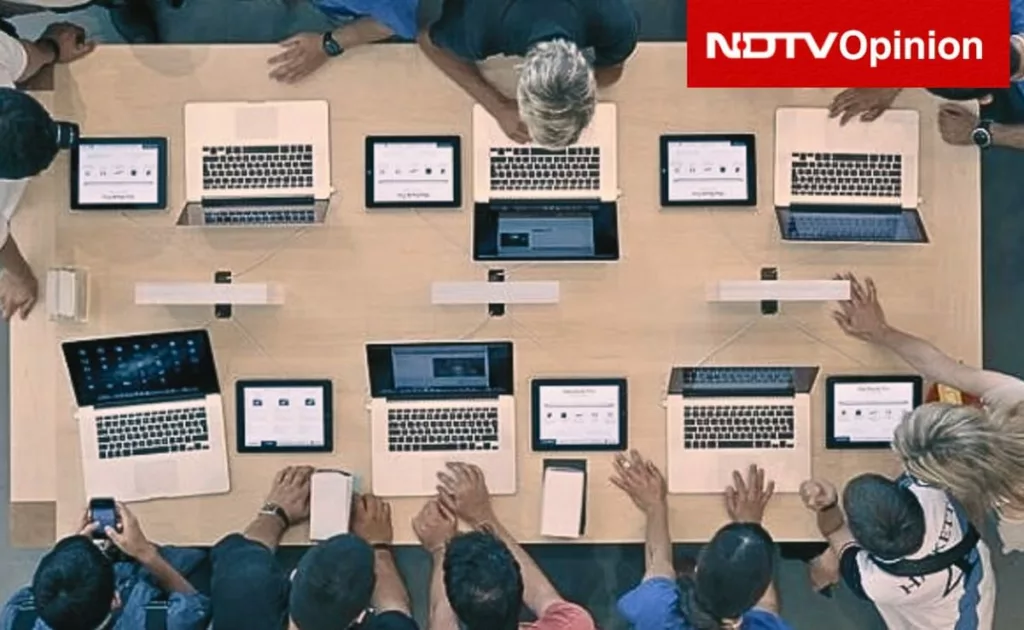What happens when reckless and selfish populism collides with a $245 billion tech industry?
Chaos, anxiety, and a severe dent in the reputation of one of the world’s most sought-after talent hubs. Bengaluru, home to tech giants from Apple to Walmart, is shaping the world’s future and is now also becoming infamous for some baffling policy flip-flops.
In Karnataka’s approach, it feels like they’re flipping between policies – 100% job reservations one day, none the next, something in between after – with no precise data or rationale, gambling with India’s IT and startup hub.
Meanwhile, halfway across the world, the U.S. rolls the red carpet for entrepreneurs. Under the International Entrepreneur Rule, founders can secure a stay of up to five years if their startups show potential for rapid growth. This clear, supportive U.S. policy is attracting frustrated founders in Bengaluru, making relocation an attractive option. As the U.S. opens its doors, Karnataka is slamming theirs shut, pushing its innovators away.
As if navigating Bengaluru’s potholed roads peppered with craters, dodging dangerously weaving water tankers at all hours, and mourning our dying lakes swallowed by real estate greed weren’t enough, the city’s political rulers have unearthed a fresh way to inflict pain.
The IT and startup hubs of Whitefield, Sarjapur, and Electronic City are already reeling under daily logistical torture. These areas are powerhouses, fueling millions of jobs and generating significant tax revenue. Yet, why are the city’s true builders, the very architects of its economic dynamism, so often made to feel insignificant and powerless?
Startup founders and the broader IT industry in Karnataka, including heavyweights like Nasscom, are fed up with the state’s erratic job reservation policies. Nasscom has been blunt, warning that these rules could drive companies out of the state and take jobs and investments with them.
That frustration reached a boiling point when PhonePe’s CEO, Sameer Nigam, called the Karnataka job quota bill a “shame.”
It was a raw, unfiltered moment that captured the broader sentiment in the tech community. Nigam’s personal narrative of living across states due to his father’s naval career adds another layer to the debate: Isn’t it downright unfair to those who’ve thrown their lot in with Bengaluru, believing in its promise and contributing to its prosperity?
Why the back-and-forth? The government is testing out policies in real-time, trying to see what the electorate might tolerate. This is similar to A/B testing in tech development, where two versions are tested to see which one works better.
Except here, it’s not a harmless trial. It’s playing fast and loose with the backbone of a booming industry.
(Pankaj Mishra has been a journalist for over two decades and is the co-founder of FactorDaily.)
Disclaimer: These are the personal opinions of the author
